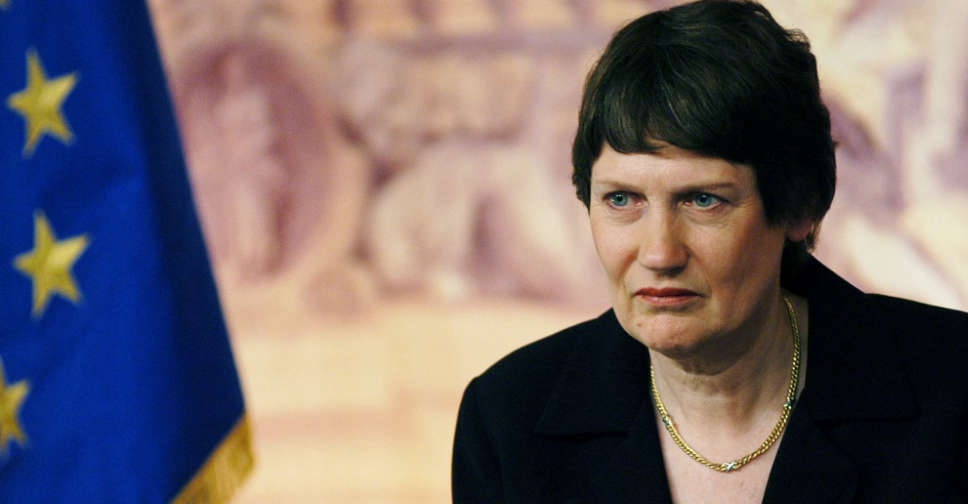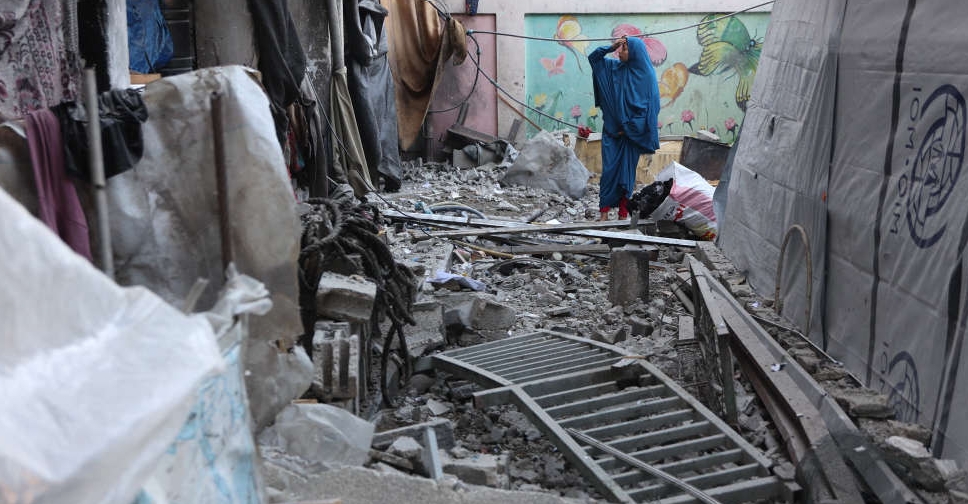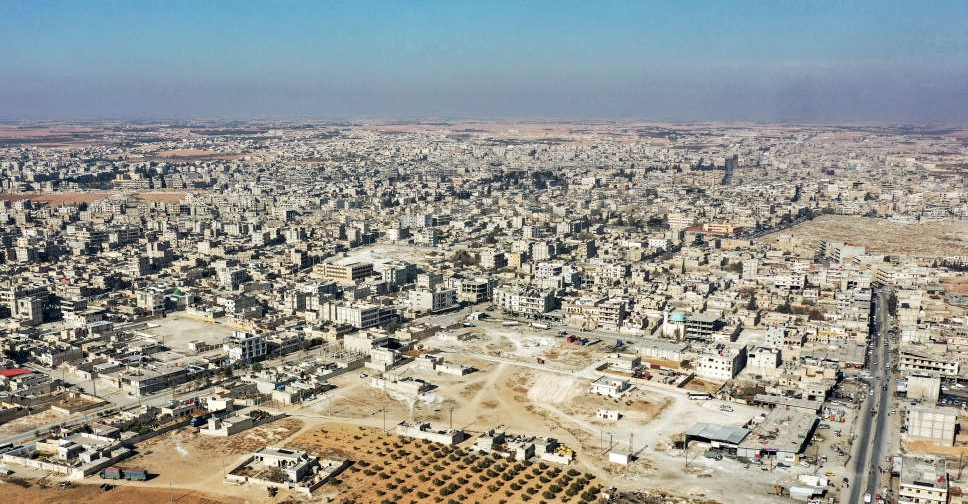
A day after New Zealand went into complete lockdown after one COVID-19 case was reported, the country's former Prime Minister Helen Clark highlighted their "zero tolerance to community transmission".
"We see a case, we have to stamp it out," she told DubaiEye 103.8's Business Breakfast show during an exclusive chat.
Clark also expressed concerns over the manner in which neighbouring Australia’s New South Wales was dealing with the highly contagious Delta variant.
As for the latest reports pegging seven active community-spread COVID-19 cases, Clark clarified that six of the cases were unvaccinated individuals.
"Unfortunately, the level of vaccination in New Zealand isn’t high at the moment," she explained, adding that the country may be at the "end of the global supply chain" for the Pfizer-BioNTech vaccine.
As per official figures reported by New Zealand’s Ministry of Health as of August 17, only 2.61 million vaccine doses have been administered to a population of nearly five million.
Clark said the next step for New Zealand is to "press as hard as it can" for a steady supply of vaccines.
However, when asked about the sustainability of periodic lockdowns and the political divide surrounding vaccinations, she said: "We’ve watched what’s happened offshore and we have said ‘not on our watch.'"
In what may be a bout of relief for expatriate New Zealanders, the former Prime Minister said that the country may soon allow citizens home without the mandatory quarantine period, if the country of origin has high levels of vaccination and low levels of community transmission.
As it stands, New Zealand passport holders and permanent residents can travel to the country upon agreement to what is called "managed isolation" (compulsory quarantine in a government-run facility for 14 days which may be paid for some and exempt for others).
However, Clark clarified that New Zealanders arriving from countries with low rates of vaccinations or high community transmission, may not be permitted to enter the country without managed isolation.




 Israeli strikes kill 17 Palestinians in Gaza
Israeli strikes kill 17 Palestinians in Gaza
 Five SDF fighters killed in strikes by Turkish-backed forces
Five SDF fighters killed in strikes by Turkish-backed forces
 US conducts airstrikes against Houthi targets in Sanaa
US conducts airstrikes against Houthi targets in Sanaa
 Syria name foreign minister Asaad Hassan al-Shibani
Syria name foreign minister Asaad Hassan al-Shibani

